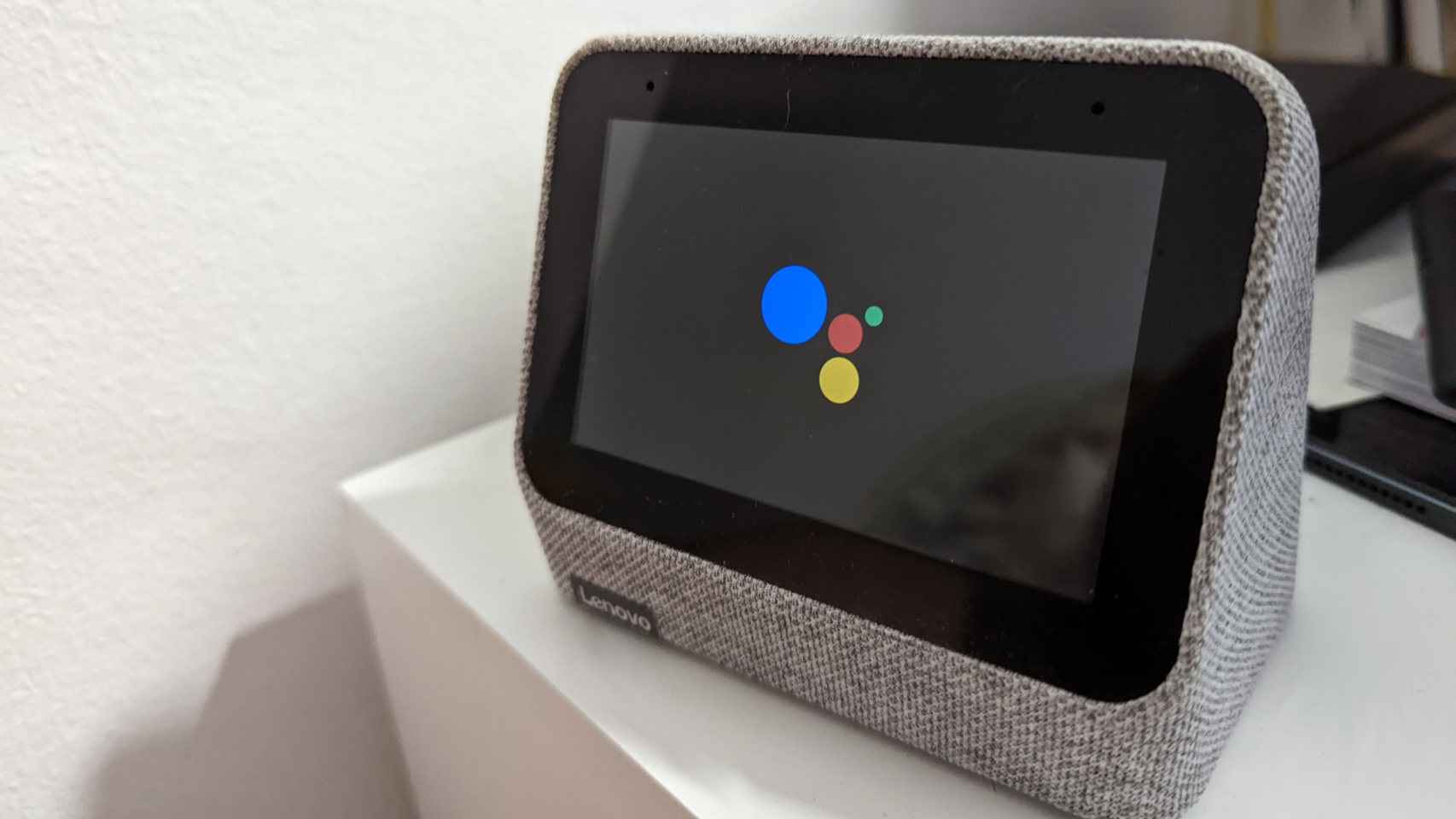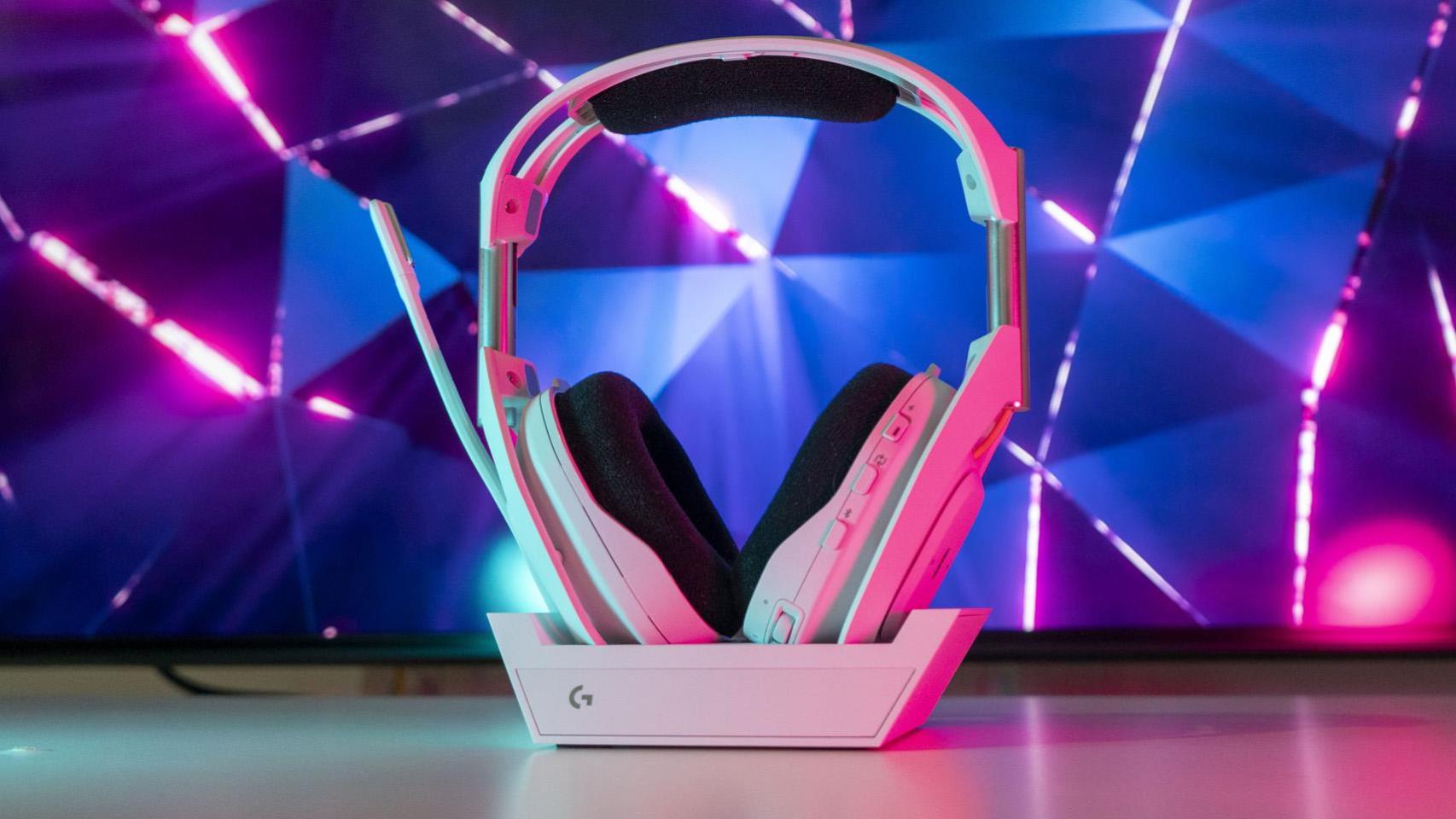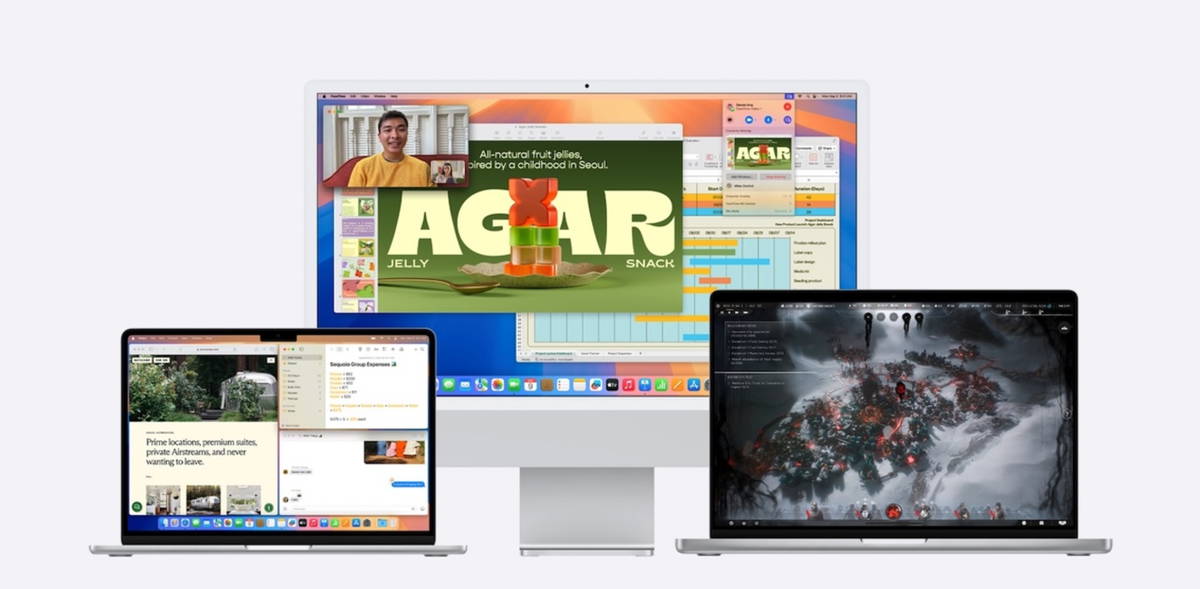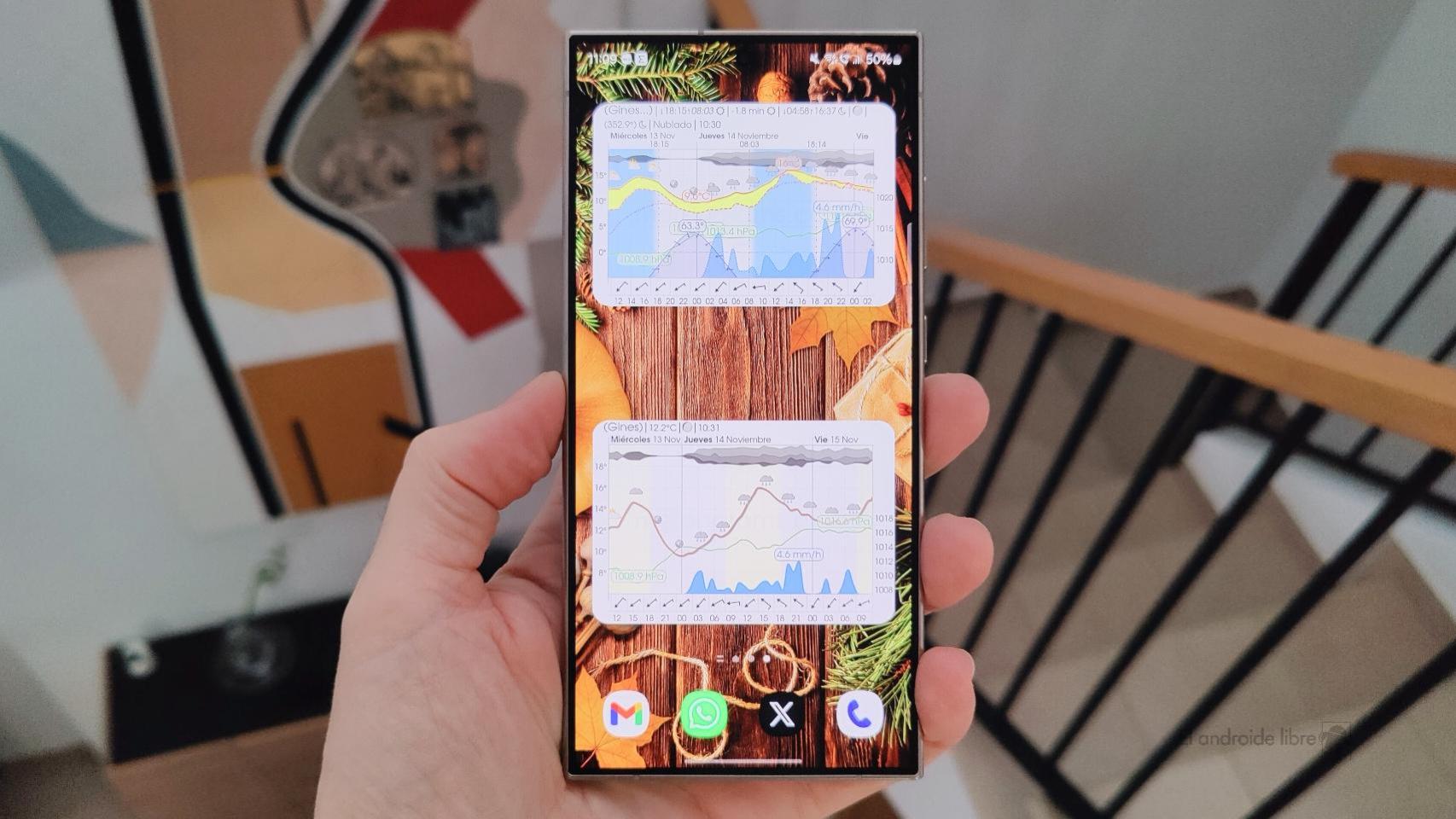Two years ago, Google Assistant was one of the company’s most interesting and potentially useful projects; Today, serious doubts remain about its ability to survive this year 2024. The fault for this change in fortune: Generative Artificial Intelligence, whose popularity exploded last year to the surprise of Google itself .
The huge success of ChatGPT forced Google to quickly create its own AI-based “chatbot,” and this was evident in the launch of Bard; Since then, the company’s resources have been focused on introducing the technology to everything from Android to Gmail to web search.
Google Assistant’s situation amid all these changes was somewhat complex; Despite its smart features, it was clear from the start that ChatGPT and Bard represented a generational leap
For starters, Google started the year exactly the same as last year, with lots of layoffs; according to The New York Times, at least 600 people would have lost their jobs, if not many more. The company presents it as a “restructuring”, with which it hopes to be more efficient. For example, the different hardware divisions (Pixel, Nest, Fitbit) will be part of the same team and several of its executives were fired to create a more direct chain of command focused on building the Google product ecosystem.
The Google Assistant division is said to be another major division affected, and although the company declined to provide specific data, sources say each affected division has “lost hundreds of employees.” This will necessarily affect the development of the personal assistant; and in fact, we would already see the consequences. And today Google also announced removing nearly 20 Google Assistant features
And the truth is that in the list of functions that will be eliminated from the Assistant, there are some that many people may not have known were possible or that have very specific use cases; like helping with meditation, reading audiobooks aloud on Google Play Books, or features related to family groups.
But there are also basic functions that will no longer be possible, such as Create alarms that play music or radio when they ring, create a stopwatch that counts time on screen, change the time of a calendar event, or access our recipe book. If we use these functions, Google recommends alternatives such as making changes manually, creating routines or using services like YouTube. While Google says these changes will help it “focus on the quality and reliability” of Assistant, it also admits that many of these changes will be “disruptive” for many users.
The future of Google Assistant will probably pass through Bard; There’s already a version of Google Assistant with Bard that has AI built in, so it wouldn’t be surprising if Bard completely replaced it in the future.
This may interest you
Follow topics that interest you









